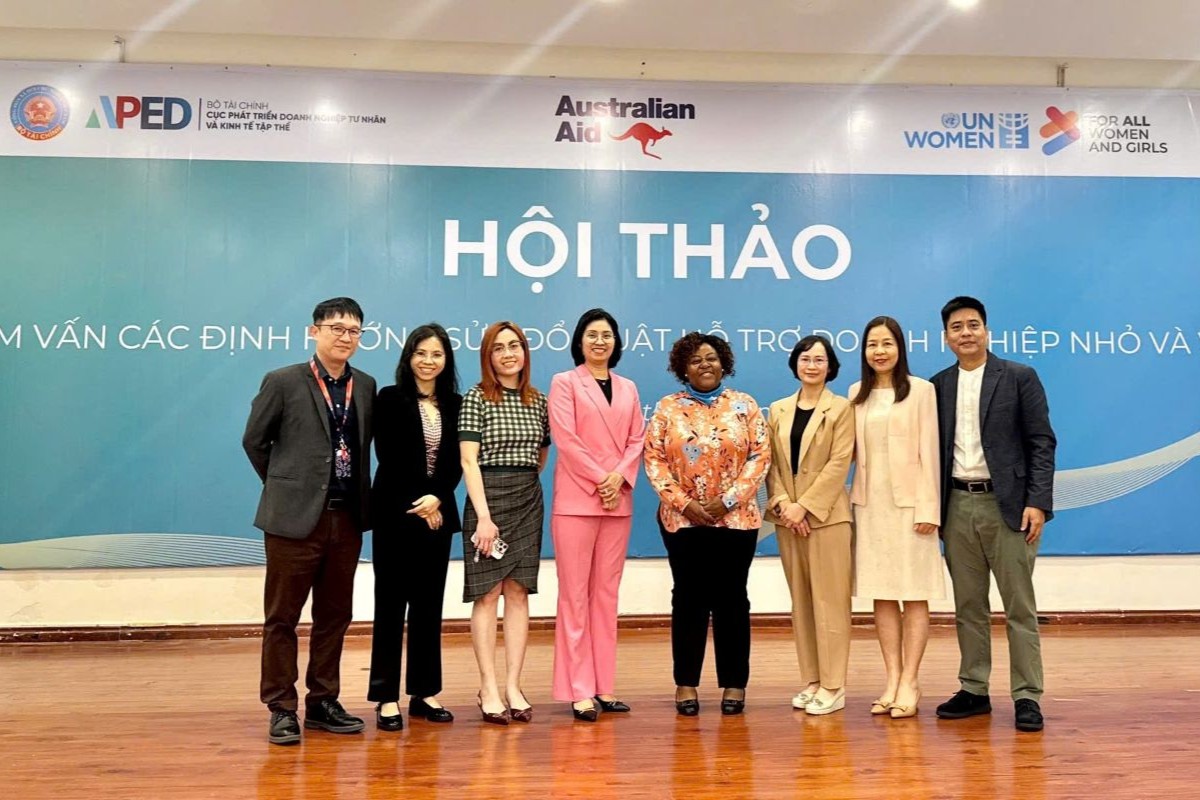What should governments do when faced with a global threat - like the current outbreak of COVID-19 - to limit potential damage to a nation?
As Franklin Roosevelt once said, ‘the only thing we have to fear is fear itself’. Minimising social anxiety and strengthening public trust in authority is key to coping and reducing any kind of threat to a nation.
During global threat periods, public trust in government builds through strong planning and prompt policy execution, shared across various groups including businesses, investors and consumers. This requires public policy to be well designed, targeted and even courageous.
Epidemics also impose a great challenge to financial investors who act on their market beliefs over a short-term or long-term period. The COVID-19 outbreak can cause a ‘self-selection mechanism’ which can push out short-term investors who are only looking for short-term profit, rather than long-term value creation. Investors who are focused on long-term goals will continue to see success. It’s strong public trust that will help the latter group overcome their anxiety in order to persevere with their investments more strategically.
Consumer confidence is essential for economies to tackle and overcome threats caused by epidemics or disasters. Solid trust in authority helps contain anxiety and shape consumer behaviours.
Public trust takes time and effort to build and indeed, it matters the most in times of crises, and is among the most crucial factors that drives recovery, particularly as the COVID-19 outbreak is still evolving with many unpredictable turns.
As the global economy is interconnected and global value chains intertwined, the spread of the infection and the widespread adverse impacts of this epidemic are inevitable, especially in countries that have close links to China, both geographically and through trade. How should the government and businesses react in order to limit the economic damage?
China is Vietnam’s largest trade partner, holding the greatest share of Vietnam’s imports (29.8 per cent in 2019) and the second largest share of Vietnam’s exports (15.7 per cent in 2019), so many sectors in Vietnam already feel the impact of the epidemic, from services, trade, industry production and construction.
In the short-term, domestic sectors like agriculture, services, travel, tourism, and hospitality will be the most heavily affected by the outbreak (international tourism has been predicted to drop by 60 per cent in the 1st quarter of 2020). It’s worth noting that the current challenge in these sectors is primarily due to a negative demand shock that can be coped with by prompt policy measures and sustained consumer confidence.
Indeed, the recently adopted policies - loan extensions, interest rate cuts, and social insurance relief - targeted at these sectors will help ease the financial stress, but further stimulus measures need to be taken to boost domestic spending, which will help these sectors bounce back. Government efforts to kick off national projects like the North-South expressway, Long Thanh International Airport and other transportation and irrigation projects will prove to be an important move to spur on the recovery process.
The epidemic is also taking a serious toll on the supply side of the Vietnamese economy. Many domestic manufacturing sectors (footwear, garment and textiles, electronics, and motor vehicle manufacturing) heavily rely on materials imported from China. These sectors will be hit hard in the short-run and the effects may remain even after the outbreak is curbed in the region. The same challenge will also ripple through many FDI enterprises that are faced with a shortage of expert personnel who come from China and Taiwan, on top of their shortage of materials. Companies like LG, Samsung and Nike have said their revenues will fall significantly this year due to a sudden halt of materials. Smaller enterprises are concerned that they may have to cancel their export orders and suspend operations if the outbreak is not contained soon.
To limit the potential loss, businesses in these sectors need to actively seek out an internal solution before resorting to government support. Rather than expanding business, now’s the time to embrace core values and adjust operations, upgrade financial management systems and find new potential suppliers. Although, challenges will still exist with the latter due to current disturbances to global value chains, an instability predicted to exist for years to come.
Continuous efforts from the government to promote the development of technology breakthroughs are ever more important supply measures. The adoption of digital solutions, Fintech, blockchain and other disruptive technology will foster national competitiveness and productivity in order to make an economic turnaround in the long run.
Under these circumstances, the credibility of public policy is key to policy effectiveness, both in fighting against the virus and in helping the country recover from the economic damage caused by the outbreak. Credibility requires policy be well designed, targeted, transparent and promptly implemented at all levels. Once trust in public policy is solid, anxiety in society about the outbreak will be kept under control, both consumer and business confidence will be restored, and the economy will pick up its momentum again.





